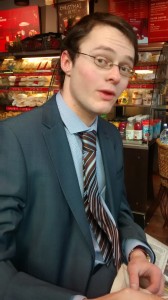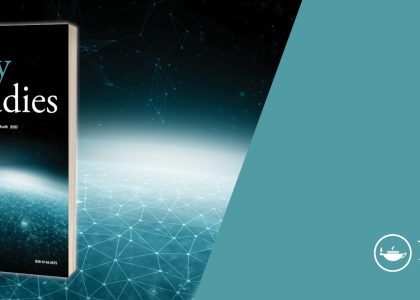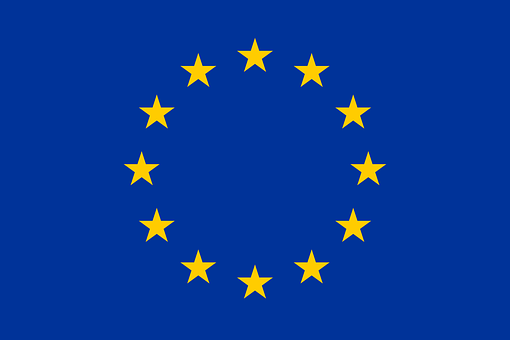Gareth Mott, a UEA student enrolled on the Masters Programme in International Security considers what he learnt from his studies.
During my third year as an undergraduate student reading International Relations and Modern History I began considering undertaking a Masters programme. Whilst I considered and visited the offerings at other universities, I decided to read International Security at the UEA, especially as the course arrived as a dynamic new offering for the 2013-2014 academic year. My third-year research dissertation on the crisis of intravenous narcotic consumption in the Russian Federation had affirmed the importance of ‘human security’ as a pressing and highly motivating subject matter for me, and one that I was keen to study further.

The Masters programme offered by the UEA was structured to provide a holistic understanding of security in the contemporary world. Thus, ‘International Security’, ‘War Games’, and ‘International Relations Theory’ formed compulsory modules for my degree, and I supplemented these with modules in ‘International Organisations: Conflict and Development’, ‘New Media and Society’ and ‘Russian Foreign Policy’. Through the medium of these modules, I acquired knowledge of the predominant theories of International Security, and how these relate to real-world issues such as terrorism, climate change, and mankind’s ever-present-propensity for armed conflict. The spring of 2014 was certainly an insightful time to analyse Russian foreign policy in-progress! One benefit of this programme structure was that it did not assume prior knowledge of the theoretical underpinnings of International Security and Relations, and I would therefore strongly recommend it as inclusive for students from a range of academic backgrounds. The programme itself also offers some scope for cross-disciplinary study, and we were provided with the opportunity to take modules offered by the school of International Development.
Tuition was delivered in the form of lectures and seminars; with seminars proving a particularly immersing environment, as students and cultures from across the world merged and discussed contemporary issues of both local and global scope. Seminar presentations, delivered by students themselves, provided an opportunity to exhibit the academic and personable flair which everyone shared.
I was particularly interested in critical theories of International Security, which seek to move beyond interpreting what is happening in the world around us, to understanding why. Consequently, my dissertation sought to contribute to Securitisation Theory – in which ‘security’ is understood as a socially-constructed speech act – with original research into the BBC News Online coverage of the recent British war in Afghanistan. The academic skills developed through this endeavour and the support from my dissertation supervisor have proven invaluable, and I have now been awarded full-funding to undertake a PhD in the area of cyberterrorism at Nottingham Trent University, commencing in January 2015. During my tenure as an undergraduate student, I certainly did not foresee myself reading a PhD, but I am absolutely overjoyed to have received this opportunity, and can directly credit the UEA’s International Security programme as setting me on this path. I wholeheartedly recommend this Masters programme to any student considering progression from their undergraduate studies.





